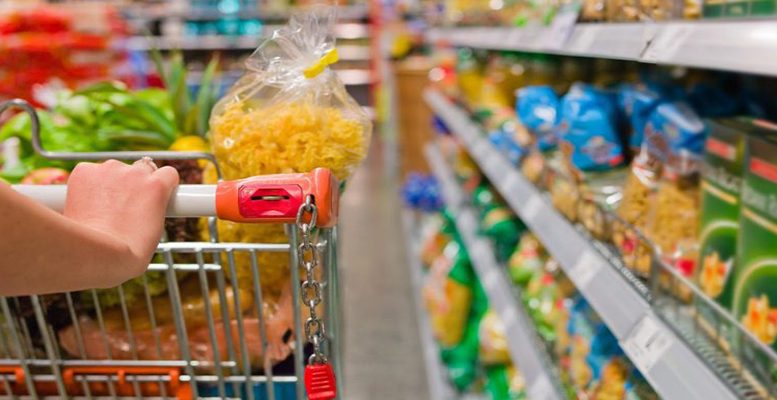The INE confirmed yesterday that inflation continues to run rampant: it closed August at 10.5% year-on-year, its highest rate in 38 years. Although this figure is three tenths of a percentage point lower than in July, it is one tenth of a percentage point higher than the figure at the end of last month and is the result of both the rise in electricity prices, which continues despite the cap on gas prices, and the rise in food prices, whose inflation rate in August soared to 13.8% year-on-year, the highest since the start of the historical series in January 1994.
Electricity prices rose by 60% last year, including the tax reductions applied to the bill. Discounting these tax rebates, the year-on-year increase in the price of electricity would have been 75.3% in August, almost 15 points higher.
And milk, eggs, fruit, cereals, meat, pulses, bread and potatoes all saw their prices rise by double digits: At the top of the ranking are oils other than olive oil (sunflower, soya, maize…), which rose by 71.2% in August. Flour and cereals have shot up by 39%, compared to just 1% in August last year, while butter is now 31.8% more expensive than it was a year ago. Pasta is 30.3% more expensive, and milk, a dietary staple, costs 26% more. Eggs, another staple, have risen by 22.4%; eating chicken or turkey is now 17.6% more expensive, and potatoes are up 15.3% and bread 15.2%.
The second vice-president, Yolanda Díaz, has made an attempt to regulate the prices of basic foodstuffs by seeking a pact with large retailers to cap the price of a basket of 20 or 30 basic products.
An attempt with a clear populist tinge that has been watered down over the days after its rejection by the Socialist ministers in the government; warnings from the CNMC that such an agreement would go against competition rules; complaints from small shops, which would not be able to compete in the face of a hypothetical price pact among large retailers, and its outright rejection by supermarkets and hypermarkets, which consider the initiative “unviable and counterproductive” due to the distortion it would provoke in the market.
The sector advocates a temporary lowering of VAT on food, in line with what the leader of the PP, Alberto Núñez Feijóo, advocates. Yesterday he urged the Government to “think about a reduction in VAT on the food products that make up the basic food basket”





